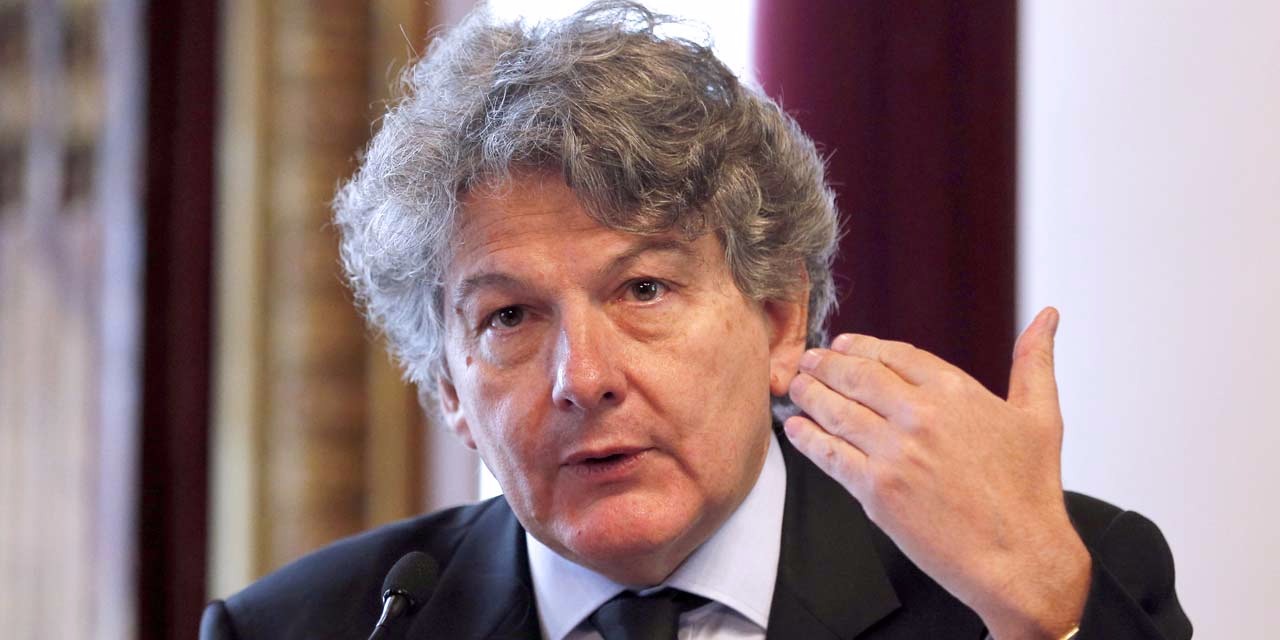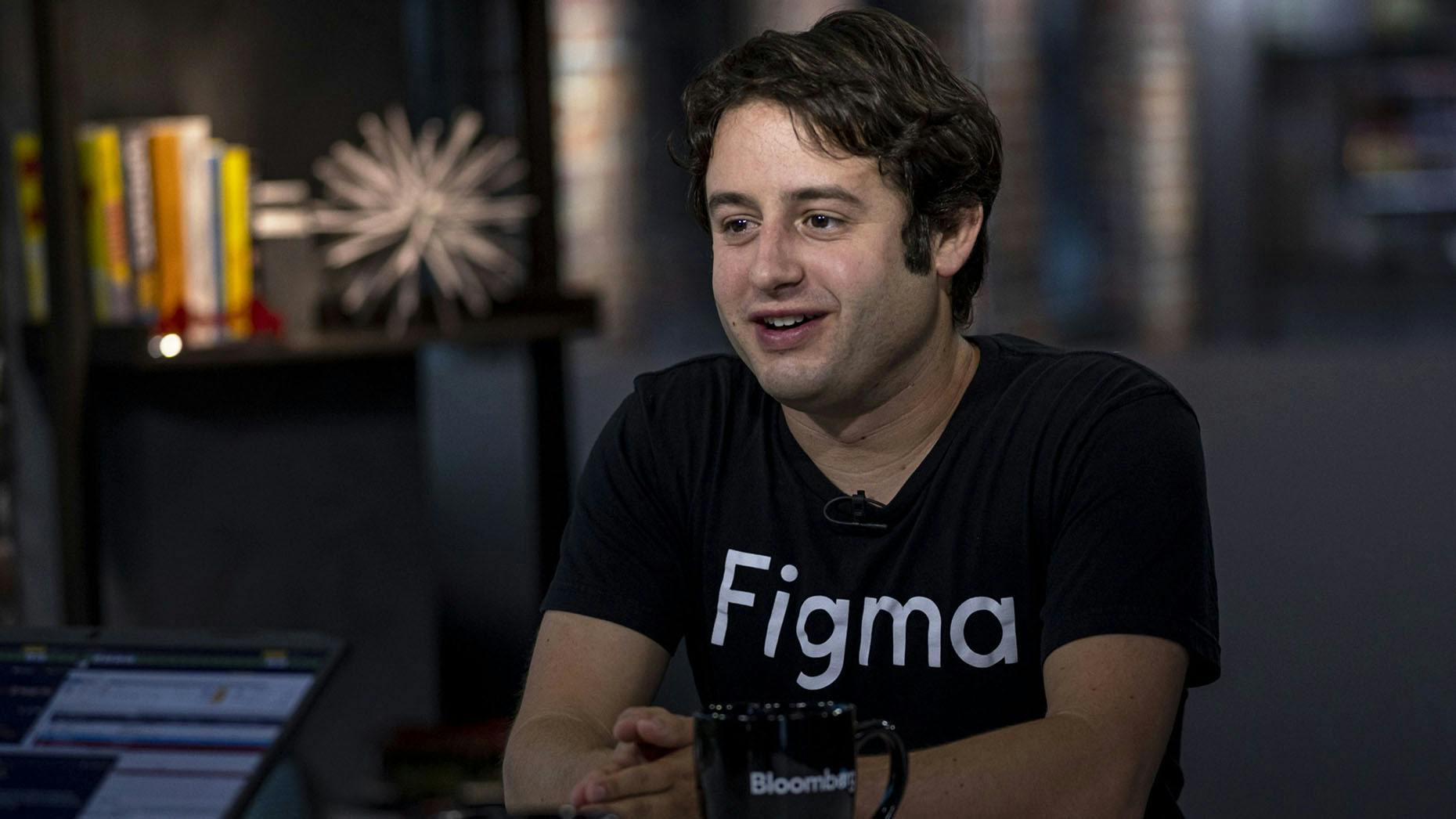Eurovision Boycott: Alex Agius Saliba And Fellow MEPs Speak Out

Table of Contents
Reasons Behind the Eurovision Boycott Calls
The calls for a Eurovision boycott stem from a confluence of concerns, encompassing political issues, broadcasting irregularities, and anxieties regarding artistic integrity. These interwoven concerns have coalesced to form a powerful movement questioning the future of the competition.
Political Concerns
Numerous political controversies have fueled the flames of the Eurovision controversy. For example, concerns about human rights violations in the host country, coupled with allegations of political censorship affecting artistic expression, have led many to advocate for a boycott. The lack of freedom of speech in certain participating nations, as documented by organizations like Human Rights Watch, further adds weight to these arguments. Such instances directly contradict the principles of inclusivity and artistic freedom often associated with the Eurovision spirit. These concerns raise serious questions about the political implications of Eurovision and its potential role in inadvertently legitimizing oppressive regimes. Human rights in Eurovision must remain a central consideration.
- Specific instances of censorship and human rights abuses should be documented with links to reputable news sources.
- Referencing relevant international human rights treaties, such as the Universal Declaration of Human Rights, strengthens the argument.
- The impact of the host country's political climate on the artistic freedom of participants must be carefully analyzed.
Broadcasting Concerns
Beyond political considerations, concerns about Eurovision broadcasting rights and media manipulation add fuel to the Eurovision boycott movement. Allegations of biased broadcasting practices, favouring certain nations or artists, undermine the perceived fairness of the competition. Furthermore, concerns about censorship of performances or viewpoints, potentially imposed by host broadcasters or participating nations, are consistently raised. The absence of transparent and equitable broadcasting policies creates an uneven playing field, diminishing the credibility of the Eurovision event and potentially stifling artistic expression. The Eurovision bias debate must be addressed to ensure a level playing field for all contestants.
- Examples of past broadcasting controversies, along with links to corroborating evidence, should be included.
- Analyze the impact of broadcasting policies on the diversity of musical styles and perspectives represented in the competition.
- Discuss the role of international broadcasting organizations in ensuring transparency and fairness.
Artistic Integrity
Questions about the Eurovision artistic freedom and the Eurovision commercialization of the event contribute to calls for a Eurovision boycott. Many argue that the focus on spectacle and commercial interests outweighs the artistic merit of the competition. The influence of political agendas and commercial pressures on song selection and performance raises concerns about genuine artistic expression and the integrity of the competition. Concerns about a perceived lack of musical integrity, where commercial viability overrides artistic excellence, are increasingly voiced. The balance between entertainment and artistic expression in Eurovision is a crucial aspect of this debate.
- Analyze the increasing commercialization of the Eurovision Song Contest and its potential impact on artistic expression.
- Discuss instances where artistic freedom has seemingly been compromised due to commercial pressures or political influence.
- Explore the opinions of musicians and artists regarding the perceived lack of artistic freedom in the contest.
Alex Agius Saliba and Fellow MEPs' Statements and Actions
The involvement of MEPs, including Alex Agius Saliba, has significantly amplified the Eurovision boycott debate. Their statements and proposed actions are shaping public opinion and potentially influencing the future of the competition.
Specific Statements
Alex Agius Saliba Eurovision statements, alongside those of his fellow MEPs, clearly express their concerns about various issues within the contest. These statements, often available online through official channels and news outlets, showcase the diverse range of objections fueling the boycott movement. The statements’ tone – ranging from cautious concern to outright condemnation – reflects the gravity of the perceived issues. Analysis of these MEPs call for Eurovision boycott statements provides critical insights into the driving forces behind this movement. Links to these statements should be included for verification.
- Include direct quotes from Alex Agius Saliba and other MEPs regarding the Eurovision boycott.
- Analyze the language and tone used in their statements to identify the key concerns being expressed.
- Provide context for their statements by outlining their political affiliations and perspectives.
Proposed Actions
The MEPs haven't limited themselves to statements; they've also actively pursued EU action on Eurovision. This includes proposing actions like initiating formal investigations into specific alleged issues, drafting official letters to relevant organizations, and launching online petitions. These MEP intervention efforts demonstrate a commitment to addressing their concerns and influencing the future direction of the Eurovision Song Contest. Links to these petitions and official documents should be provided for transparency.
- Detail any specific actions taken by the MEPs, such as writing letters to Eurovision organizers or launching petitions.
- Provide links to supporting documentation such as official letters, petitions, or reports.
- Discuss the potential impact of these actions on the organization and future of the Eurovision Song Contest.
Public Response and Impact
The public opinion on Eurovision boycott, following the MEPs' statements, has been mixed. While some applaud their stance, others criticize the perceived politicization of a cultural event. The media coverage of Eurovision boycott has been extensive, generating significant public discourse and potentially affecting viewer numbers and sponsorships. The potential Eurovision impact of this boycott movement remains uncertain, but it has clearly influenced the narrative surrounding the competition.
- Analyze the public’s varied responses to the MEPs’ actions and statements.
- Include opinions from various sources, including fans, artists, and media commentators.
- Assess the potential long-term effects of the boycott movement on the Eurovision Song Contest’s reputation and future.
Conclusion: The Future of the Eurovision Boycott Debate
The debate surrounding the Eurovision boycott is multifaceted and complex. While the event holds a significant cultural position globally, the concerns raised about political interference, broadcasting ethics, and artistic integrity cannot be ignored. The intervention of Alex Agius Saliba and fellow MEPs adds a critical layer to this discussion, highlighting the potential for political action to influence the future direction of the competition. The long-term consequences of this debate remain to be seen, but it's clear that the Eurovision boycott discussion has irrevocably altered the conversation surrounding the event. Join the Eurovision boycott debate by sharing your opinion, engaging in discussions, and researching further into the issues at hand. Let's ensure that the future of the Eurovision Song Contest aligns with the ideals of fairness, artistic integrity, and respect for human rights. Explore resources like [link to relevant organization/article] for a deeper understanding of the ongoing Eurovision boycott conversation.

Featured Posts
-
 The Importance Of Dont Hate The Playaz In Competitive Gaming
May 14, 2025
The Importance Of Dont Hate The Playaz In Competitive Gaming
May 14, 2025 -
 L Etat Doit Indemniser Les Victimes De Violations Commises Par Un Oqtf Position De L Udr
May 14, 2025
L Etat Doit Indemniser Les Victimes De Violations Commises Par Un Oqtf Position De L Udr
May 14, 2025 -
 Figma Goes Public The Story Behind The Adobe Deal Fallout And Ipo
May 14, 2025
Figma Goes Public The Story Behind The Adobe Deal Fallout And Ipo
May 14, 2025 -
 Jake Pauls 3 Million Offer To Tommy Fury Rejected Whats Next
May 14, 2025
Jake Pauls 3 Million Offer To Tommy Fury Rejected Whats Next
May 14, 2025 -
 Young Stars Decision Dean Huijsen Joins Premier League Club
May 14, 2025
Young Stars Decision Dean Huijsen Joins Premier League Club
May 14, 2025
